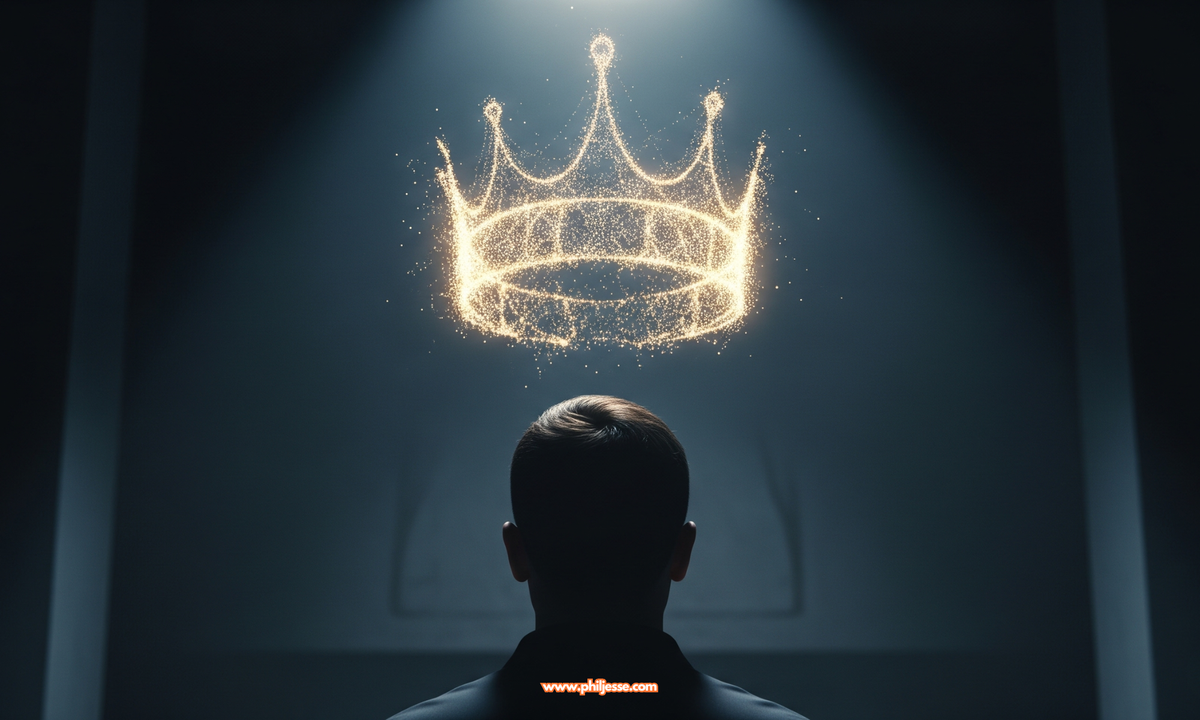The Imposter in the Mirror: A Practical Guide to Silencing Self-Doubt and Owning Your Success
That nagging feeling you’re a fraud? That’s imposter syndrome. It’s not a personal failing, but a common experience that doesn't have to control you. This is your practical guide to silencing your inner critic, owning your success, and stepping into your authentic power.

It’s the quiet dread in the moments after a success. The promotion you just received, the project you successfully completed, the praise from a colleague—instead of pride, a cold wave of panic washes over you. “What if they find out I have no idea what I’m doing?” It’s the persistent, internal whisper that you are a fraud, a fluke, an imposter who has somehow slipped through the cracks of competence and is on the verge of being exposed.
If this feeling is familiar, you are not alone. This is imposter syndrome. And contrary to what it tells you, it is not a diagnosis of your inadequacy. It is a near-universal experience of intellectual and professional self-doubt, a phenomenon that can derail and sabotage even the most accomplished individuals. It thrives in the shadows, feeding on our fears of judgment and our deep-seated need for belonging.
I’ve written before about procrastination, another elite saboteur of human potential. But imposter syndrome is its more insidious cousin. While procrastination stops you from starting, imposter syndrome can poison the success you’ve already achieved, preventing you from internalising it and building the quiet confidence you have rightfully earned.
Many people misunderstand imposter syndrome, believing it to be a simple lack of confidence. But it’s a complex myriad of thought patterns and behaviours. This article is designed to be your guide—a resource you can return to whenever that fraudulent feeling arises. We will deconstruct what it truly is, explore why it takes hold, and, most importantly, build a practical toolkit of mindset shifts and actionable strategies to help you move beyond it. This isn't about banishing self-doubt forever; it's about learning to manage its voice, so it no longer dictates your reality. It’s about learning to look in the mirror and see not an imposter, but a capable, resilient, and deserving human being.





